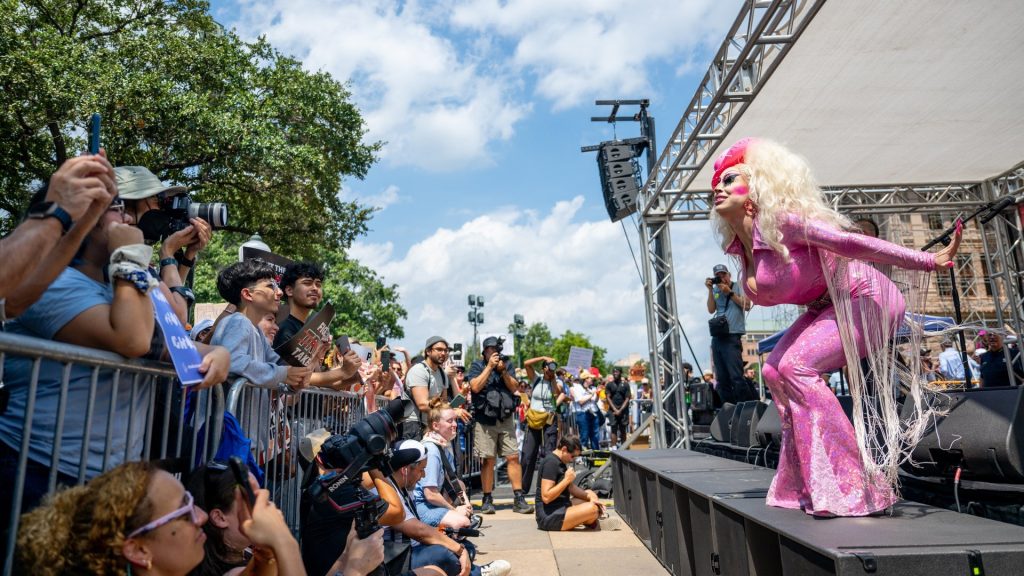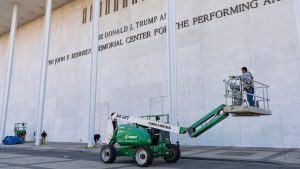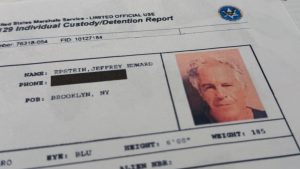Court OKs Texas ban on ‘sexually oriented’ drag shows despite First Amendment claims

A federal appeals court gave Texas the go-ahead to enforce a state law that criminalizes “sexually oriented” shows on public grounds, a restriction that drag performers argue unfairly targets them in violation of their First Amendment rights. The Thursday decision from the 5th Circuit Court of Appeals appears to presume that the 2023 ban will not be used against drag performances that are not sexually explicit.
The majority of the three-judge panel said a lower-court judge’s block on the law’s enforcement should be lifted after a 2024 Supreme Court decision on state social media regulations shifted the legal trajectory of the case.
Last year’s Supreme Court case involved challenges to laws in Texas and Florida that required social media to lift some content restrictions and created a narrower scope for determining First Amendment cases. The high court put the laws on hold while it sent the case back to the lower courts, but left open the possibility that the state rules may survive.
Judges spar over protections for drag performers
Judges Kurt Engelhardt and Leslie Southwick stated that, since some drag performers and venues who brought the lawsuit said they avoided sexually explicit material, they were unlikely to be prosecuted and therefore did not have legal standing to continue with their suit against the ban.
A third judge, James Dennis, partially dissented from the majority opinion. He argued that his colleagues ignored that Texas lawmakers intended to outlaw drag performances in public, as well as in private events where children were present.
“It is entirely plausible that the Plaintiff’s gendered expressions, costuming prosthetics, and choreography could be viewed by factfinders and officials empowered to enforce S.B. 12 as appealing to the prurient interest in sex,” Dennis said.
The judges also disagreed over the legal protections that drag performances have under the First Amendment.
“We have genuine doubt, however, that pulsing prosthetic breasts in front of people, putting prosthetic breasts in people’s faces, and being spanked by audience members are actually constitutionally protected — especially in the presence of minors,” the majority wrote.
Dennis pushed back, arguing that it was an exaggerated example and that drag shows qualify for First Amendment protection just like other forms of artistic expression through entertainment.
“Drag — a costumed, choreographed, and frequently parodic performance that speaks in the idiom of gender — plainly participates in that protected tradition,” Dennis wrote. “The majority’s effort to collapse an entire art form into a few salacious acts turns these principles on their head.”
Judges agree on revisiting case
Dennis did agree with the majority that the lower-court judge should reconsider the legal issues in the case following the Supreme Court’s ruling on social media regulation law. However, he stated that he would have kept the injunction against the law in place amid legal proceedings.
The post Court OKs Texas ban on ‘sexually oriented’ drag shows despite First Amendment claims appeared first on Straight Arrow News.





